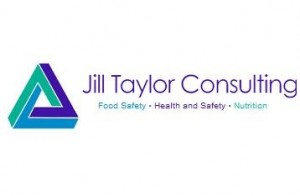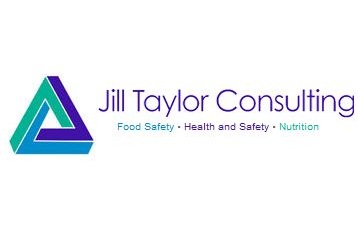According to research recently published by the Food Standards Agency (FSA) nearly 17 million people suffer from stomach upsets in the UK every year, which in turn leads to about 11 million lost working days. (by Jill Taylor)
 |
| [relatedPosts title=”Related Posts”] |
|
|
The study, the biggest of its kind for more than 10 years, was carried out by a group of organisations led by the University of Manchester and looked at the impact of all cases of infectious intestinal disease (IID), not just those linked to food. Sufferers from an IID typically exhibit symptoms of vomiting or diarrhoea, or a combination of both.
The key findings from the research were that:
- There are up to 17 million cases of IID annually, the equivalent of one in four people suffering every year.
- Approximately 50% of sufferers with IID took time off work or school because of their symptoms. This was calculated to represent nearly 19 million lost days & more than 11 million of these were in people of working age.
- For every case of IID recorded there are 147 that are unreported.
- Viruses, in particular Norovirus, & the bacteria campylobacter are the most common causes of IID.
Norovirus was identified as the largest single cause of IID in the UK, although many Norovirus infections are spread by person-to-person transmission, it can also cause, and be a result of, food borne disease.
Campylobacter was shown to be the most common cause of bacterial IID & is estimated to cause about 500,000 cases a year in the UK. It is mainly found on raw poultry & a recent survey by the FSA found that two thirds of chicken samples on sale in the UK were contaminated with this bacteria – this emphasises the need to reduce the high levels of incidences of campylobacter in our poultry production in the UK.
The FSA has made the reduction of campylobacter a key priority in its strategic plan. They are aware that the levels found in chicken are far from acceptable and are working closely with the food industry to reduce this. Funding is also being invested into research into Norovirus as it was identified as one of the most common causes of IID.
This research has confirmed that the cost of sick days through IID’s is substantial to the UK, however the level of illness and therefore much of the cost can be greatly reduced by the general public adopting good basic hygiene and food handling techniques. Following the simplest advice on basic kitchen cleanliness, hand washing and thorough cooking of food will help prevent the risk from bacteria & viruses linked to food.
If you would like to know more about keeping food safe, whether at work or at home, please feel free to get in touch.
About Jill Taylor
Jill runs her own training and advisory consultancy and offers guidance and advice on which food safety practices and procedures are appropriate for your business and how to implement the relevant management systems. J T Consulting also specialise in the provision of training leading to examination and qualification in all relevant Food Safety Awards and HACCP, at all levels and for all sectors of the food industry. Support for clients training and certification is also offered in the related areas of Health & Safety, Risk Assessment and Healthier Foods and Special Diets.
.





